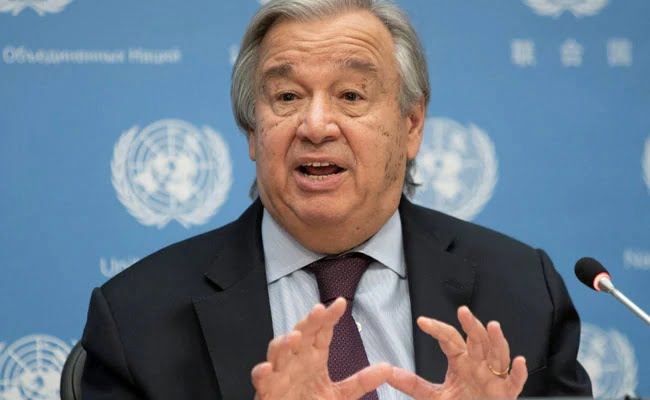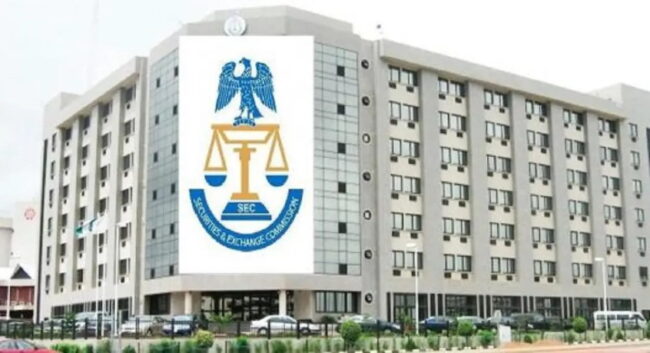 UNESCO in partnership with the National Senior Secondary Education Commission (NSSEC) and the Federal Ministry of Education has unveiled a digital teacher course to build the capacity of teachers for effective learning.
UNESCO in partnership with the National Senior Secondary Education Commission (NSSEC) and the Federal Ministry of Education has unveiled a digital teacher course to build the capacity of teachers for effective learning.The Minister of Education, Mallam Adamu Adamu, at the unveiling of the UNESCO Mahatma Gandhi Institute of Education for Peace and Sustainability Development (MGIEP) for teachers on digital pedagogie, in Abuja on Wednesday, stressed the importance of online teaching in the era of pandemic.
Adamu, who was represented by the Deputy Director, Senior Secondary Education Department in the ministry, Mr Joseph Achede, said that the country must change with the global world in the area of digital education.
According to him, there is the need for teachers in the 21st century to get equipped with the dynamics of teaching to build their networks to improve on their capacity.
“Online teaching is important because it is the right way to go to reach more learners and more Nigerians that are not in school,” he said.
Also, the Executive Secretary, NSSEC, Prof. Benjamin Abakpa, stressed the need for teachers to be adequately equipped.
Abakpa also said that adequate knowledge of educational policy goals and consequences by teachers must be put in place to be able to compete globally.
“Education is a dynamic enterprise undergoing changes to meet societal needs. Society is not static but dynamic and one of the greatest tool for societal transformation is education.
“In order to meet the challenges of the societal growth, educational policies undergo modifications. Thus, school is in the frontline of responding to these needs.
“The teachers of today cannot afford to use orthodox pedagogies to transmit knowledge to their students when the entire society is going digital,” he said.
He added that the concept of capacity building for teachers had become important hence the need for the country to key in so as not to be left behind.
He, therefore, said that quality education would only be achieved through quality teaching, hence the need to improve teachers’ quality to embrace emerging technologies in teaching.
Meanwhile, Dr Nandini Singh, representing UNESCO MGIEP, said the programme had been unveiled in over seven countries and over 20,000 teachers trained on the use of the technology.
Singh said that the digital padagogy for teachers would help to scale up the education of various countries across the world adding that it would also create new learning experiences using technology.
” Learning happens in different ways and to be able to engage different learners, we can use audio, video, dialogue and games to engage learning.
” We must utilise the learning by using technology with pedagogy to get digital experiences. We intend to train Nigerian teachers to meet the needs of every child using digital padagogy,” she said.
Singh added that master teachers would be trained who would in turn cascade the training of the course to all teachers around the world.
In the same vein, Founder, Exquitec Education Technology, Dr Oluwakemi Olurinola, said that the course was necessary due to the gaps observed in the education sector during the COVID-19 pandemic.
Olurinola, who was a training partner with UNESCO, called on Nigerian teachers to key into the training to boost their capacity.
” This digital teacher course is found necessary as we realised during the COVID-19 that a lot of teachers were forced to go digital without preparation.
“We observed a gap during this period and so we brought digital pedagogy that teachers can use as a tools for effective teaching of their students,” she said.
She also said that teachers would be given certificate based on the integrated assessment of the course which according to her aligned with four international frameworks.
(NAN)






















